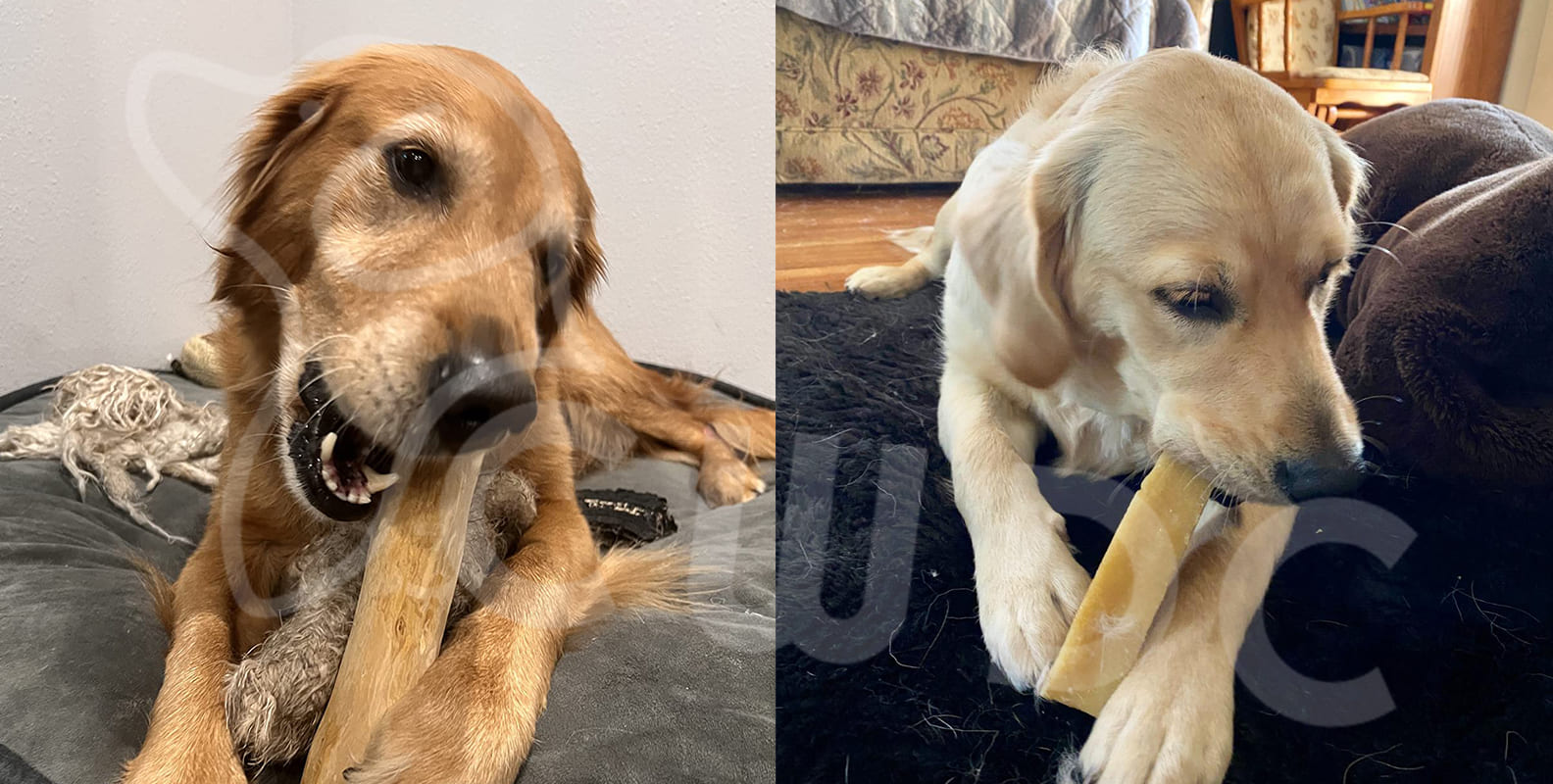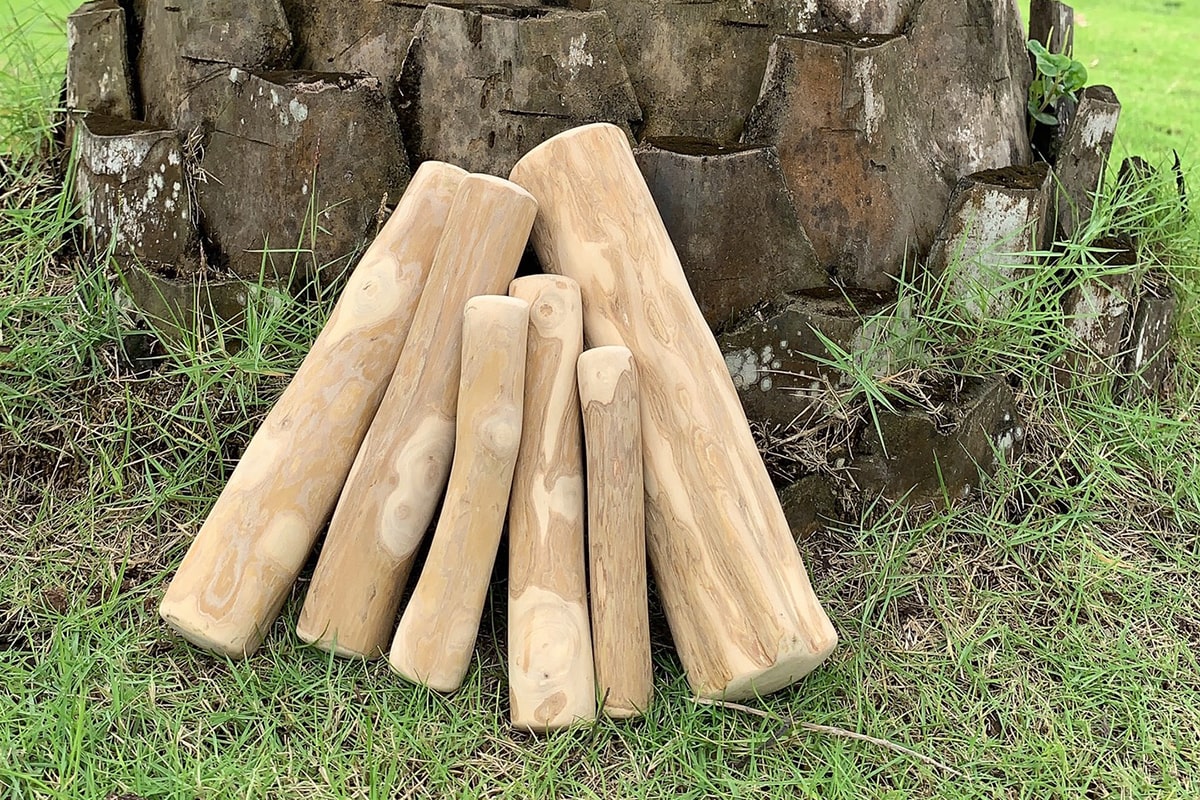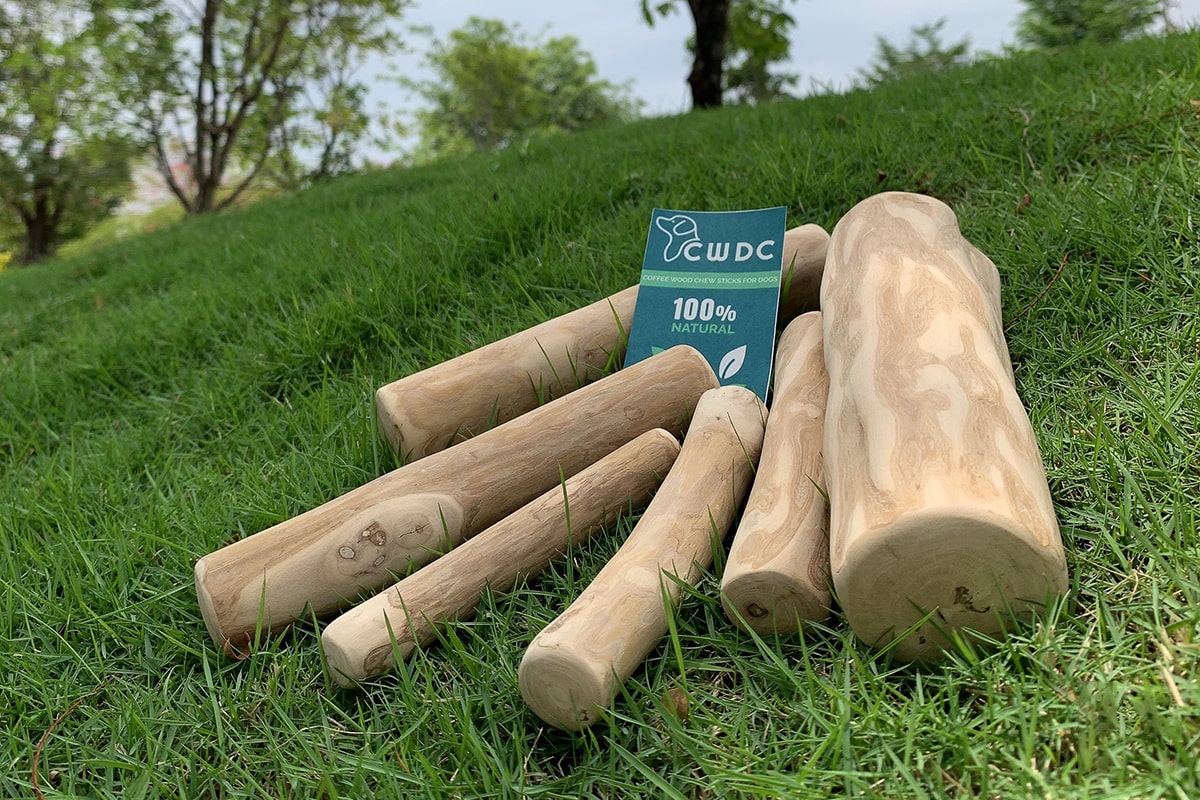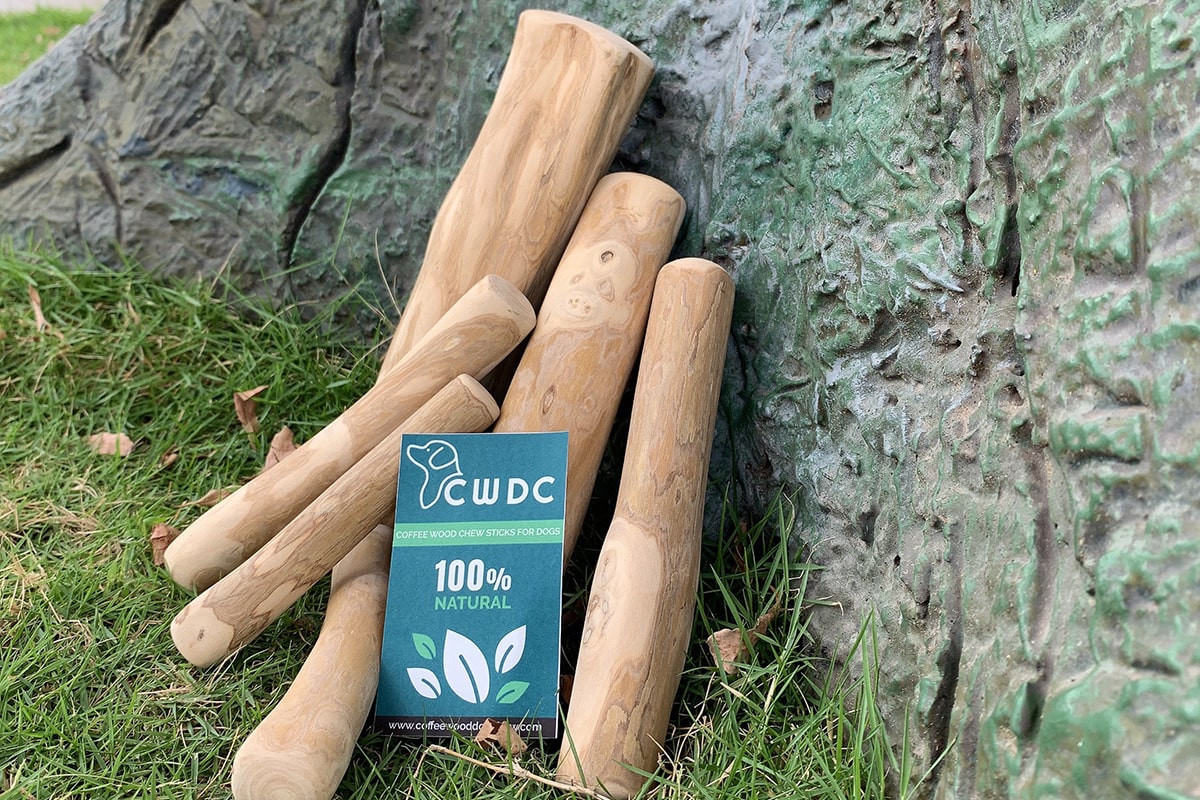Dog owners worldwide are continually seeking natural chews for their furry companions. Two prominent options that have emerged are Coffee Wood Dog Chews and Yak Milk Dog Chews. While both have their distinct advantages, they also share several similarities. Here, we’ll dissect their parallels and divergences to aid pet owners in making an informed decision.
Similarities:
- Natural Origins: Both chews tout their all-natural credentials. They’re derived directly from organic sources without the interference of harmful chemicals or additives.
- Dental Benefits: Both chews serve dual purposes: entertainment and dental hygiene. They assist in removing plaque and tartar, ensuring cleaner teeth and healthier gums for dogs.
- Digestibility: Whether it’s wood from coffee trees or hardened yak milk, both chews are designed with canine digestion in mind. They pose minimal health risks and are crafted to be easily digestible.
- Long-Lasting: Dogs need extended periods of engagement, and both these chews cater to this need. They’re hardy and endure the test of time, ensuring dogs remain occupied for longer.
Differences:
- Material Origin: Coffee Wood Chews, as the name suggests, are derived from the coffee trees of Vietnam, especially those that are over 20 years old. On the other hand, Yak Milk Chews are produced from the milk of yaks, traditionally found in the Himalayan region.
- Flavor and Texture: While Coffee Wood Chews retain a subtle, natural flavor from the coffee wood, Yak Milk Chews offer a unique taste, rich in protein and calcium, stemming from the yak milk.
- Cultural Heritage: Yak Milk Chews come with a legacy. They’re rooted in the ancient Himalayan traditions and handcrafted using age-old techniques. Coffee Wood Chews, although rooted in Vietnam’s coffee culture, emphasize more on sustainability and repurposing aged trees.
- Nutritional Content: Yak Milk Dog Chews hold the edge when it comes to protein and calcium content, making them a nutrition-packed option. Coffee Wood Chews, while not offering the same protein levels, ensure a calorie-free and caffeine-free chew experience.
Conclusion:
While both Coffee Wood Dog Chews and Yak Milk Dog Chews stand as formidable options in the realm of natural dog chews, the decision rests on individual preferences and the specific needs of the dog. Whether it’s the sustainability of coffee wood or the rich nutritional profile of yak milk, pet owners have commendable choices in both.
Related Posts:
- Are coffee wood chews safe for dogs ? A Comprehensive Look
- Why Do Dogs Chew on Furniture, Shoes, and Other Household Items?
- Origin and Development of Coffee Wood Dog Chews in the Market
- How Coffee Wood Dog Chews Compare to Other Natural Dog Chews
- Identifying Safe and Unsafe Wood Chews for Your Dog
- Olive Wood Chews vs Coffee Wood Chews for Dogs: A Comparison









